Nintendo has a long-standing reputation for aggressively pursuing legal action against those who develop or distribute emulators and piracy tools. In a notable case in March 2024, the developers behind the Nintendo Switch emulator Yuzu were ordered to pay $2.4 million in damages following a settlement with Nintendo. This was followed by another significant event in October 2024 when the development of the Switch emulator Ryujinx was halted after "contact from Nintendo." Additionally, in 2023, the team behind Dolphin, an emulator for Gamecube and Wii, was advised against a full Steam release by Valve's lawyers, influenced by strong legal warnings from Nintendo.
The case of Gary Bowser in 2023 further underscores Nintendo's firm stance against piracy. Bowser, involved in reselling Team Xecuter products that enabled users to bypass the Nintendo Switch’s anti-piracy measures, was charged with fraud and ordered to pay $14.5 million in restitution to Nintendo, a debt he will be repaying for the rest of his life.
At the Tokyo eSports Festa 2025, Koji Nishiura, a patent attorney and Assistant Manager of Nintendo's Intellectual Property Division, provided insights into the company's legal strategies regarding piracy and emulation. Nishiura, speaking alongside representatives from Capcom and Sega, highlighted the complex legal landscape surrounding emulators. He noted that while emulators themselves are not inherently illegal, their use can become so under certain conditions. Specifically, if an emulator copies a game's program or disables a console's security mechanisms, it may infringe on copyrights.
This stance is partly influenced by Japan's Unfair Competition Prevention Act (UCPA), which has been pivotal in cases like the Nintendo DS "R4" card, which allowed users to run pirated games. Following legal action by Nintendo and 50 other software manufacturers, the sale of R4 cards was effectively outlawed in Japan in 2009.
Nishiura also addressed "reach apps," third-party tools that facilitate the downloading of pirated software within emulators. Examples include the 3DS's "Freeshop" and the Switch's "Tinfoil," which, according to Japanese law, can violate copyrights.
Nintendo's lawsuit against Yuzu highlighted the significant impact of piracy, claiming that The Legend of Zelda: Tears of the Kingdom was pirated one million times. The lawsuit also pointed out that Yuzu's Patreon page was generating $30,000 per month by offering subscribers exclusive access to updates and features, further illustrating the financial incentives behind such emulation efforts.
Nintendo's ongoing legal battles and statements from its representatives like Nishiura underscore the company's commitment to protecting its intellectual property and curbing the spread of piracy and unauthorized emulation.

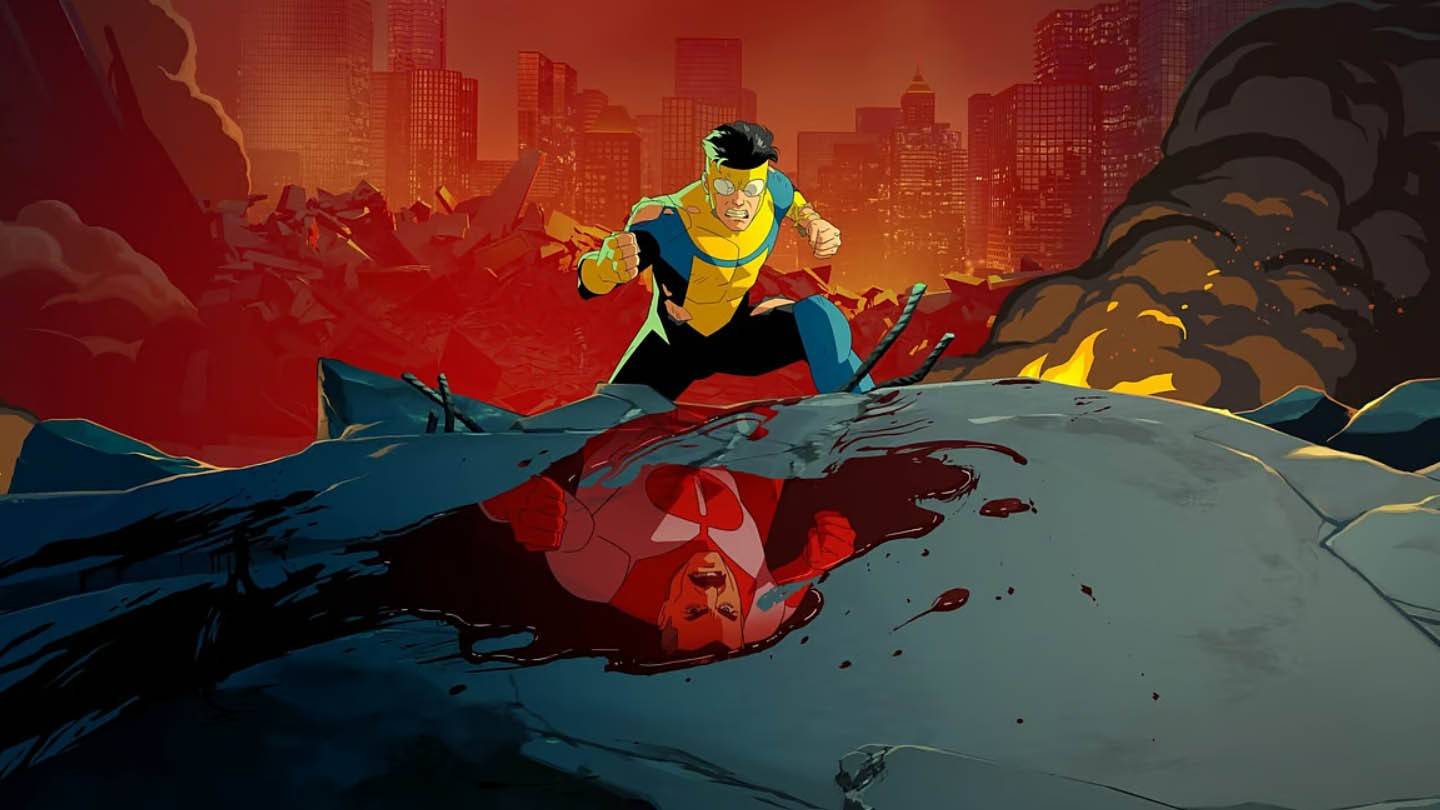
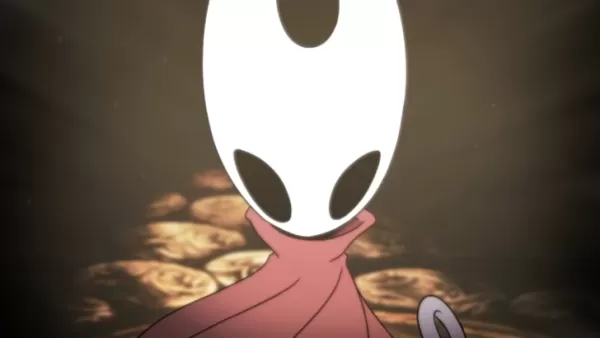
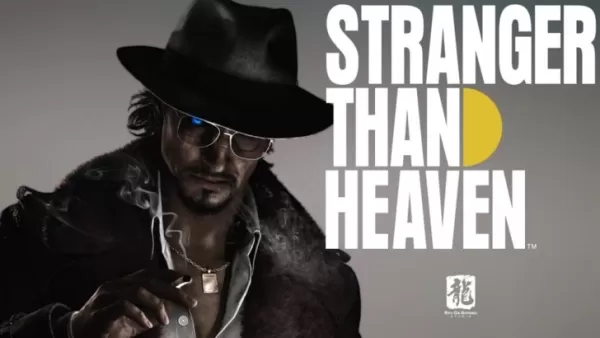
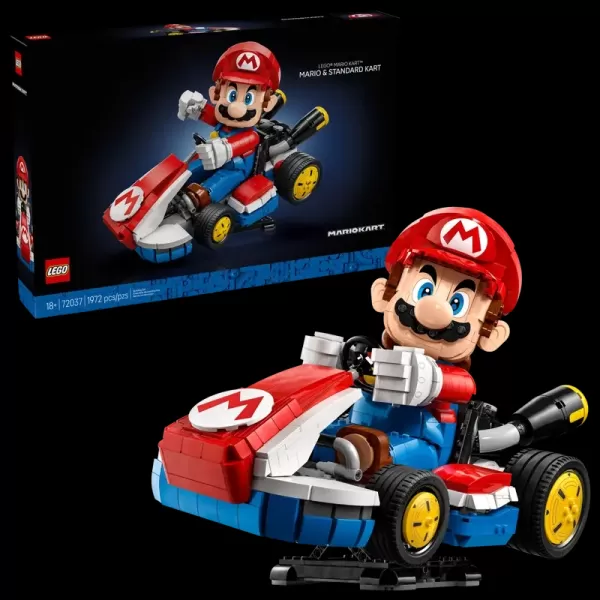
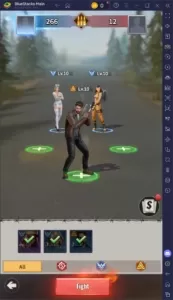
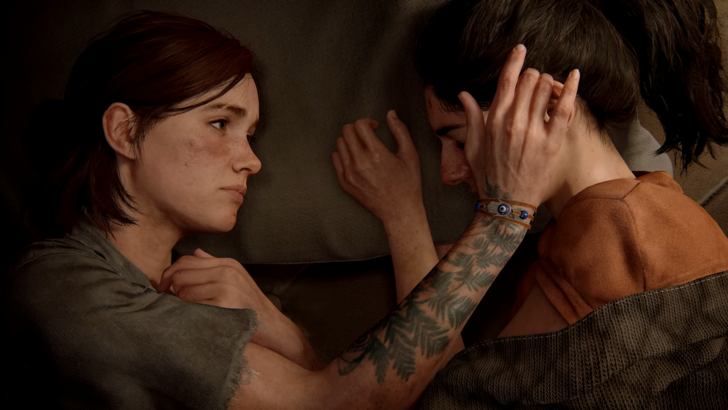






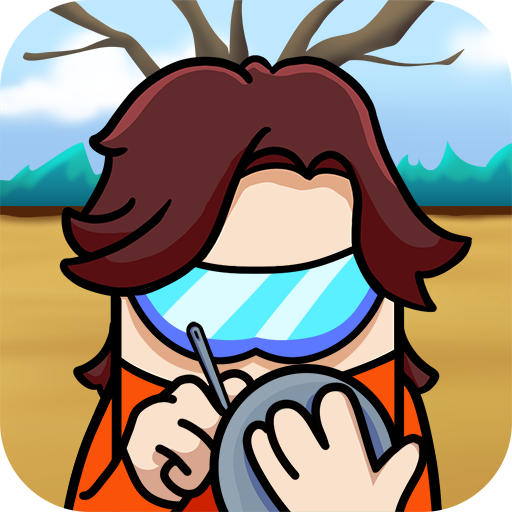

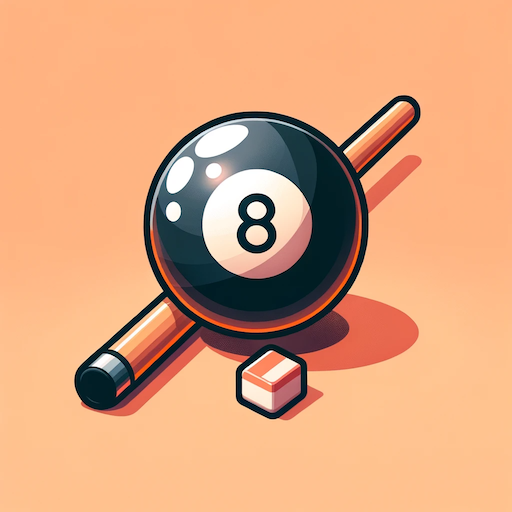


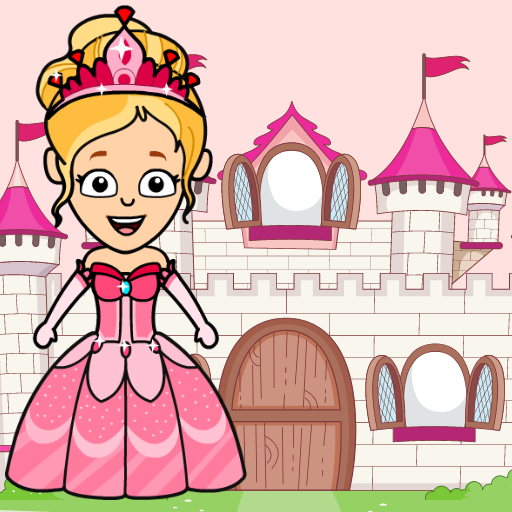










![City Devil: Restart [v0.2]](https://img.icssh.com/uploads/38/1719554737667e52b102f12.jpg)

